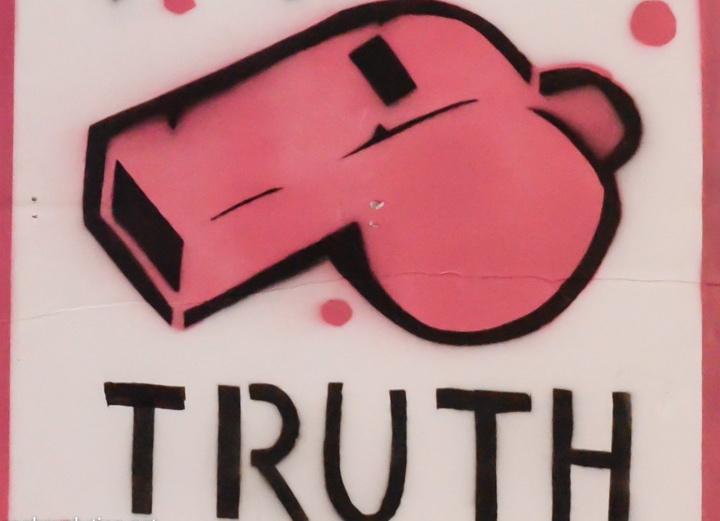Last night a trilogue meeting of the European Parliament, the EU Commission and the Council failed to reach the hoped-for agreement on European minimum protection for whistleblowers. The Council continued to insist on the obligation for whistleblowers to report first to their own company or authority (first stage), before they can turn to an external supervisory authority (second stage) and only then to the press or the public (third stage). Whistleblowers would have to wait 3 to 6 months each for feedback in the first and second stage before they could rely on European legal guarantees for public reporting after one year (three-tier system). Parliament wants to guarantee legal certainty for whistleblowers whether they raise an internal alarm or go directly to a supervisory authority (two-tier system). Already after 2 to 4 months whistleblowers could publicly ring the alarm with guaranteed legal protection.
While the German and French governments in particular continue to insist on the three-tier system, Italy is expected to switch to a position similar to that of the European Parliament tomorrow. Member State ambassadors will discuss the issue tomorrow, Wednesday 6 March, in the Committee of Permanent Representatives (Coreper). The Dutch government will also be under pressure tomorrow to explain its blocking position in the national parliament (“Tweede Kamer”) in the ongoing negotiations. Dozens of non-governmental organisations (NGOs) have also again appealed to the Council to drop the obligation to first report internally as a condition for European legal protection for whistleblowers. A technical meeting of the three EU institutions is scheduled for Thursday. Next Monday 11 March there will be a next political trilogue meeting, in which many hope to reach an agreement.
MEP Sven Giegold, the European Parliament’s rapporteur for transparency, accountability and integrity in the EU institutions said:
“The German and French governments are running out of allies for their blockade against effective European whistleblower protection. The insistence of the blocking justice ministers on internal reporting before whistleblowers can make grievances public denies whistleblowers effective protection. Only strong protection for whistleblowers will strengthen the work of media that rely on whistleblowers.
The blocking Franco-German ministers should finally give up their blockade for effective whistleblower protection and listen to the criticism of the European competition authorities and NGOs. German justice minister Katarina Barley, who is also the German Social Democrats leading candidate, must not block what Social Democrats and Greens defend jointly in Parliament in Brussels. The governments of Germany and France must stop blocking an agreement that has majorities in all EU institutions behind and that will better protect Europe’s common good.”
———————
BACKGROUND: calls of civil society for effective whistleblower protection in all channels
https://transparency.eu/making-whistleblowing-work-for-europe/
“The EU has a moral and legal responsibility to adopt a directive that builds on the Council of Europe Recommendation and international best practice consensus that protects the voluntary choice of channels for those who disclose wrongdoing.”
https://www.whistleblower-net.de/wp-content/uploads/2019/03/190303_WBNW_Appell-to-EU-1.pdf
“Mandatory internal reporting is a perversion of the idea of whistleblowing and a slap in the face of all employees. The basic assumption is that they intend to do harm to the organisation for whom they work and on whom they depend and that they do not have enough judgment to make the right decision on the appropriate reporting channel themselves.”

